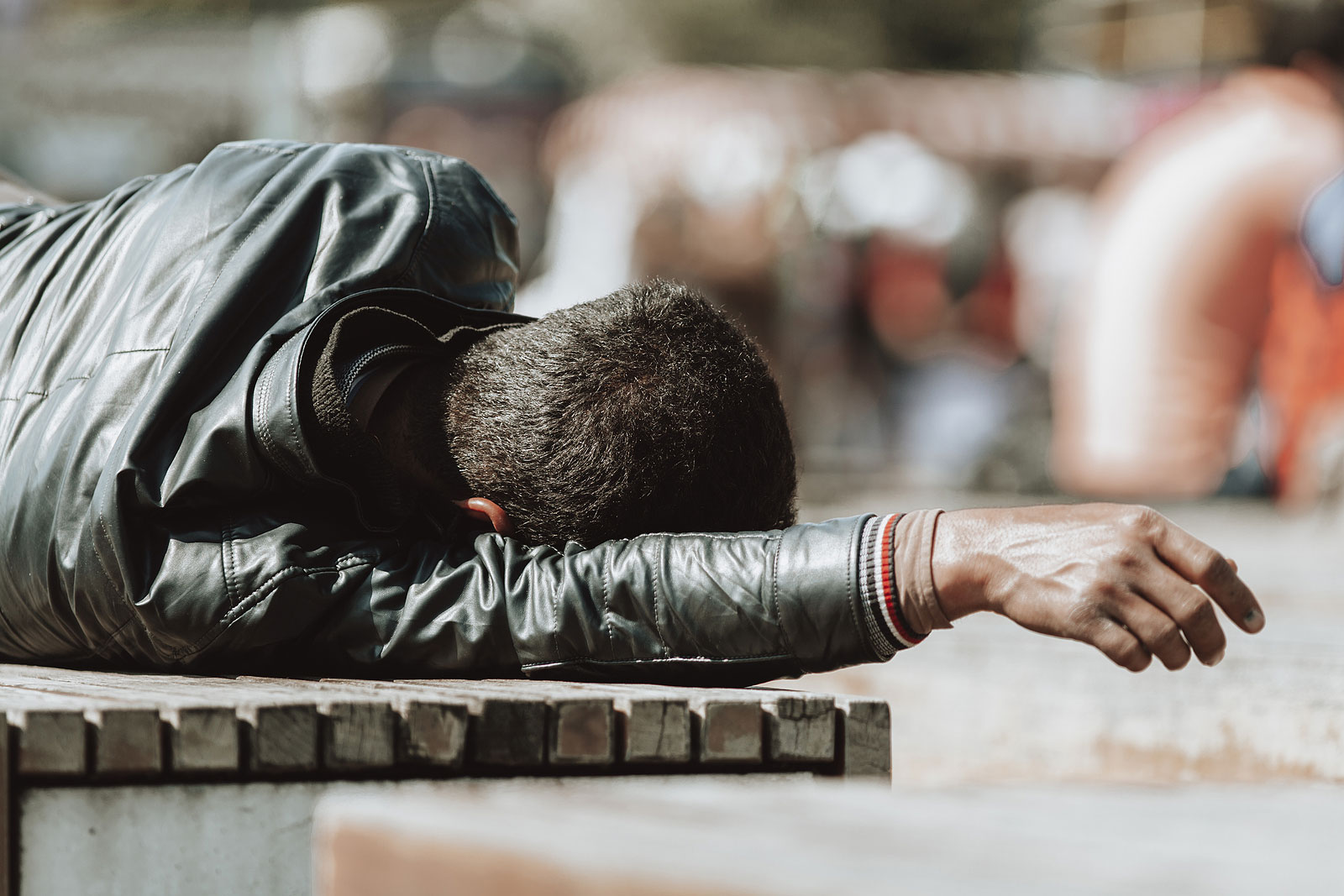By Mr Vivek Iyyani, professional speaker and author
Millennial Minds Pte Ltd
https://www.vivekiyyani.com

What Every Leader Ought To Know About Burnout And Its Impact On Innovation
If you were feeling a little overwhelmed with work during the pandemic, fret not, you were not alone. People everywhere carved out socially distant routines that, for many, blurred the line between personal and professional life. Similarly, employers accepted the forced experiment to be flexible and trusted that business could still function as usual. Amidst all the turbulence, organisations had the chance to co-create better cultures with their employees. Those who chose to seize it took steps to elevate the employee experience. The progressive companies were quick to notice it and implement it on the ground. Nike, LinkedIn and Bumble started it off by giving their workers a paid week off. Citigroup banned work calls on Fridays. Scotland is working its way towards a four-day work week without a loss of pay. As organisations adopted a remote work arrangement, they started to see the effects of working from home through their employees. Regrettably, many other organisations didn't take the same steps. And to a certain extent, most companies are still struggling to face the conundrums that force them to question their current methods of working. The truth is, as much as it is tempting to yearn for pre-pandemic modes of thinking and working, these organisations have less to offer the candidates and their existing employees.
Why did employees experience burnout when they could work from home?
When you think of working from home, it is easy to imagine a cozy picture, almost like the laptop entrepreneur sipping his pina colada while sitting at the beach in Hawaii. Contrary to traditional thinking, where working from home equals slacking or doing the
bare minimum, working from home was pretty draining for many employees despite the conveniences that came with it. Yes, it meant more time with family members and even taking some time out to run errands, but it also meant that people had to work after working hours with expectations for them to respond to emails way past working hours. As countries issued lockdown orders and companies shifted to remote work setups, individuals went through chaos. The struggle from figuring out how to productively work from home, or worrying about being made redundant, to working longer hours; all these have significant impact on the employees. The sheer length of the pandemic, combined with the yo-yo effect of good and bad news are stressors that have caused employee burnout. Regardless if you are staying alone or living with family members, fully remote workers went through feelings of isolation and loneliness. Whether you found yourself spending more time with your devices, screaming at your kids at home, or missing the company of your friends and family, there were plenty of unique pandemic-related problems to go around. It has been a mad rollercoaster for many.
Burnout isn't just about feeling exhausted
While it may seem similar, burnout is not purely about feeling exhausted. We might think that burnout is the result of sitting at our desk for too long, attending too many Zoom meetings and never catching a break. that is not burnout, but just exhaustion! Exhaustion is just the first stage. Researchers say that exhausted employees still believe in themselves and the work that they do. They are simply too tired to attend to it. Many of my friends have commented that they now work longer hours and feel the need to respond to emails late into the night. Moreover, a 24/7 organisational culture drains employees and gives them little opportunity to recharge. With such an overload evolving into a chronic job condition, it is no surprise that employees find themselves too depleted to even complete simple tasks. This is when they become cynical about themselves, their company and the workload they have. The prolonged sense of exhaustion leads employees to feel incompetent and stuck in their jobs. This hurts their morale and leads to the fear of not contributing meaningfully and feelings of inadequacy. The notion that the holidays should be the time to recharge is flawed! Holidays should be a time to celebrate. If work is exhausting people to the point that they are using their time off to recover, exhaustion is bound to transform into burnout in such working cultures. A healthy organisation does not drain people in the first place. Those struggling with inefficacy may have the energy and care for their job, but they do not feel validated by their contributions. This state of persistent fatigue arises when employees are buried with too much work to complete with limited resources and little control over their environment. This is the tipping point that turns exhaustion into burnout.
To read the full article, please click here.
About the author
Vivek Iyyani is a globally recognized leadership expert and keynote speaker helping organisations and leaders work better together in the new normal. Vivek has spoken, worldwide, to organisations and enterprises from Fortune 500 companies to associations and government institutions. He is the founder and CEO of Millennial Minds - a company that has helped leaders and teams leverage twenty-first-century collaboration skills globally. He has been invited to many international media outlets to share his opinions as a thought leader on the millennial generation. Some of his recent features include Channel NewsAsia, Money FM, Straits Times, SME Entrepreneur Magazine, CEO Magazine, and National Integration Council (Singapore Prime Minister’s Office). He has authored two other books entitled “Empowering Millennials” and “Engaging Millennials”. Learn more at https://www.vivekiyyani.com and follow him at @vivekiyyani on LinkedIn, Facebook, Instagram, TikTok and Twitter. His latest book, Millennial Leaders: Working Across Generations In The New Normal, will be out in all major bookstores in December 2022.